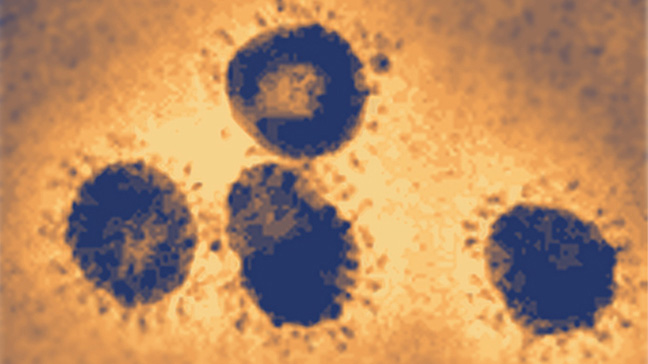Severe Acute Respiratory Syndrome or SARS is a viral respiratory disease caused to humans due to SARS coronavirus. Coronavirus is a group of viruses cause enteric or respiratory tract infections in a variety of animals, including humans, livestock, and pets. An easier way to understand this is that SARS is a more threatening and severe version of pneumonia. The origins of SARS can be traced back to 2002 China. Particularly in the Guangdong province of southern China. From here its spread to different parts of the world reaching 8000 cases and 774 death. Later the spread of this was brought under control.
Symptoms -
ARS has flu-like symptoms that usually begin after an incubation period of 2-10 days. Some of the visible symptoms are a high temperature of 38ºC and above. WIth fever one can have fatigue, headache, muscle pain and diarrhoea.
Diagnosis -
There are four ways the World Health Organisation (WHO), recommends to take for SARS. First is Polymerase Chain Reaction (PCR) that can detect the genetic material of SARS-CoV in one’s stool, blood and other specimens. The next is Enzyme Linked ImmunoSorbant Assay (ELISA). The third test is Immunofluorescence Assay (IFA). And the last is Negative antibody test.
Prevention -
It is very important to prevent the virus from entering our bodies. To avoid such infections and others like it one must follow the advice prescribed by the NHS of the UK. They recommend washing hands with soap. If one is outside and has no access to soap and water then use an alcohol-based sanitiser.
Make your surroundings clean and hygienic. Use surface disinfectant to kill the germs and viruses away. If you experience sneezing and coughing make sure to wear a mask before you meet others. Do not share foods and drinks when you feel ill.

 Severe Acute Respiratory Syndrome or SARS is a viral respiratory disease caused to humans due to SARS coronavirus. Read to know more about it.
Severe Acute Respiratory Syndrome or SARS is a viral respiratory disease caused to humans due to SARS coronavirus. Read to know more about it.









.jpeg)

.jpeg)
.jpeg)

.jpeg)


.jpeg)



.jpeg)
.jpeg)
.jpeg)


.jpg)


.jpeg)
.jpeg)